
Pratt & Whitney E-STEM Awards—2022 Winners
The Pratt & Whitney E-STEM Awards support promising E-STEM programs across the globe to build environmental literacy, STEM skills, and pathways to environmental careers through two funding opportunities: E-STEM Prize (recognizing excellence in established programs), and E-STEM Grants (supporting new programs).
At the 2022 NAAEE annual conference in Tucson, AZ, NAAEE and Pratt & Whitney were delighted to announce the Pratt & Whitney E-STEM award winners. In total, awards winners represented 10 different countries from 4 continents.
2022 E-STEM Prize Winners—Recognizing Excellence in Established Programs
Envirolution - Project ReCharge, Nevada, USA
Envirolution’s flagship program, Project ReCharge, is a hands-on, project-based Science, Technology, Engineering, Art, and Mathematics (STEAM) curriculum and training program dedicated to educating and preparing students to become future STEAM and environmental leaders and workers throughout the nation. Since 2014, Project ReCharge has reached 65,000 students and serves Nevada, California, Rhode Island, New York, Colorado, Arizona.
Foundation for Environmental Education (FEE) - E-SPACE, Copenhagen, Denmark
Eco-Schools, a program of FEE, is the largest global sustainable schools program and is supported by World Wildlife Fund (WWF). The program uses its seven steps project-based learning approach to drive the transformation in schools led by students. The new E-SPACE initiative aimed to develop and test a methodology to teach students about the circular economy and waste reduction. The program was widely accepted by school communities both in Slovenia and Latvia, and the funds from the prize will support expansion to schools in South America, Africa, and Asia.
Image
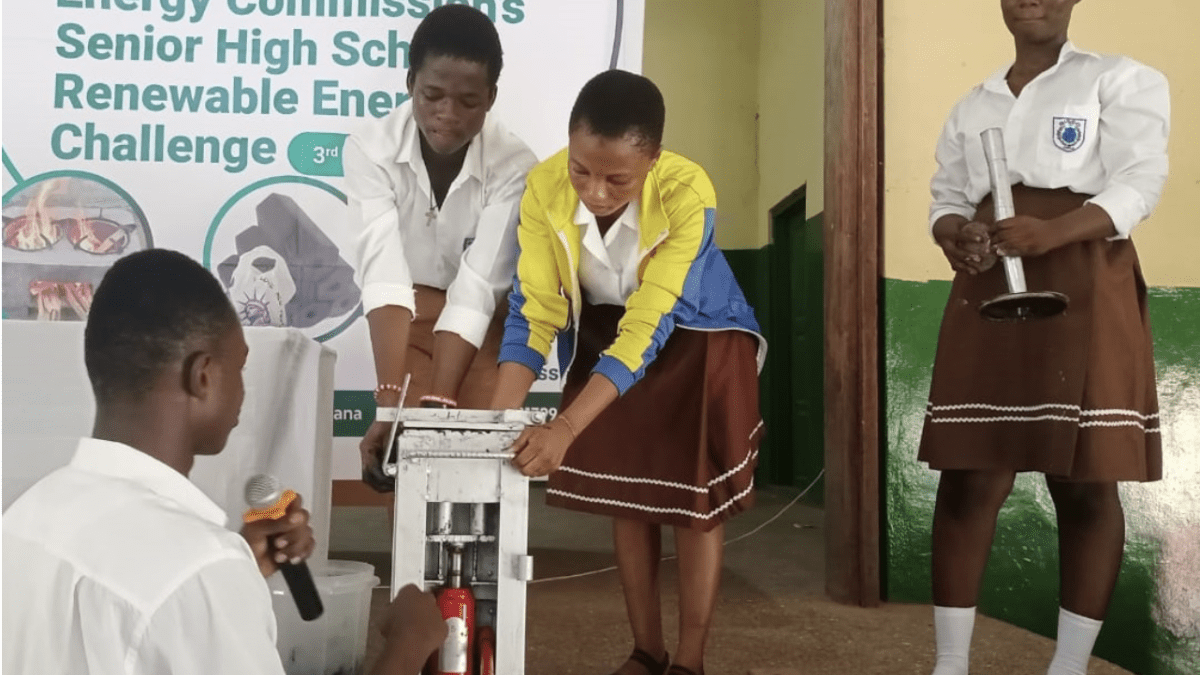
Green Growth Africa - EE Program, Ibadan, Nigeria
Green Growth Africa is a pan-African and multidisciplinary network of professionals, researchers, academics, and students across the globe active in the various sustainable energy, environment, and climate change fields. Their Environmental Education Programme (EEP) began in 2018 to empower students in secondary schools in African countries with education resources to identify environmental challenges in their communities and work in groups to propose solutions. For example, a student team in Ghana developed a chemical process that turns agricultural waste into cleaner charcoal briquettes. Based in Ibadan, Nigeria, Green Growth Africa has engagements in five other countries: Cameroon, Ghana, South Africa, Kenya, and Uganda. Since 2018, Green Growth Africa has reached 3,800 students. With additional funds, Green Growth Africa plans to expand and reach 5,000 students across 10 countries.
Image
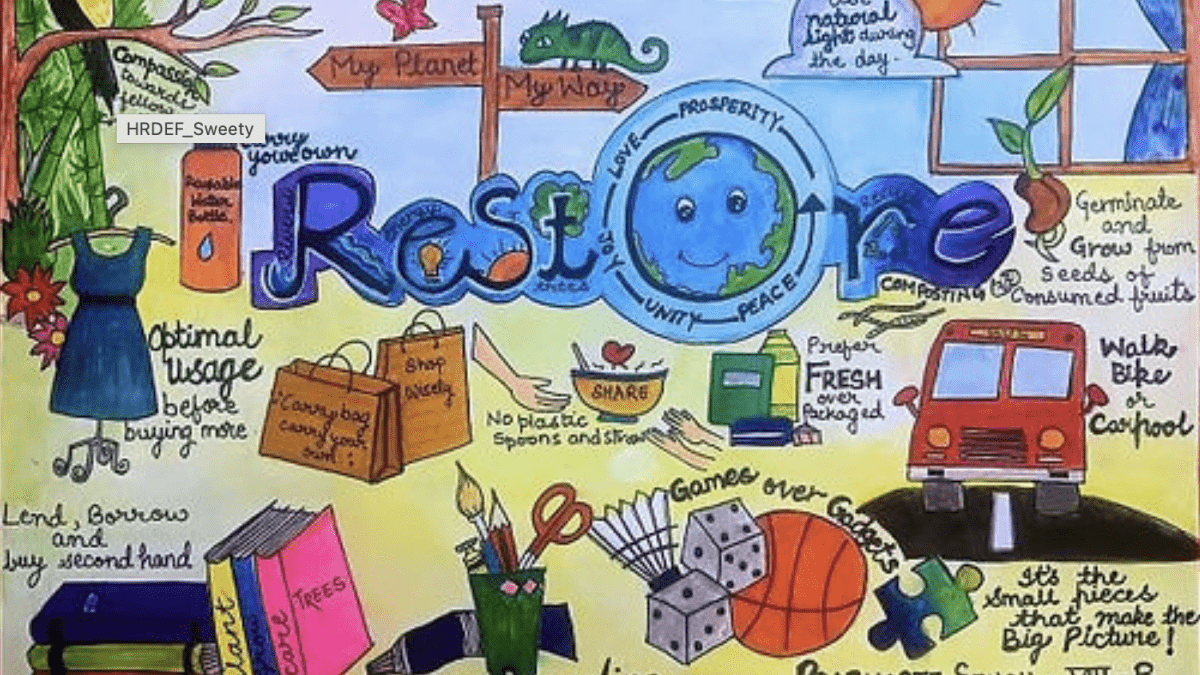
HaritaDhara Research Development and Education Foundation (HRDEF) - Education Transformation & Sustainable School Development, Uttarakhand, India
HRDEF implemented Education Transformation and Sustainable Schools to engage youth with environmental science, including the issues of water management, energy, waste, climate change, and transportation. The programs use project-based learning challenges, Eco-Club after school engagements, and career development groups to teach students about environmental science and green careers. HRDEF has reached over 10,000 students.
STEMIE Advantages Ltd - Youth Invention Sprint, Singapore
The Youth Invention Sprint proposes fine tuning and running two additional sessions of a month-long workshop hosted in 2021 that focused on introducing children that have social, developmental, or socioeconomic challenges to STEM, while also aiming to boost their self-confidence. Children in the program work on a prototype that promotes renewable energy while engaging in discussion, journaling, and video presenting.
Image
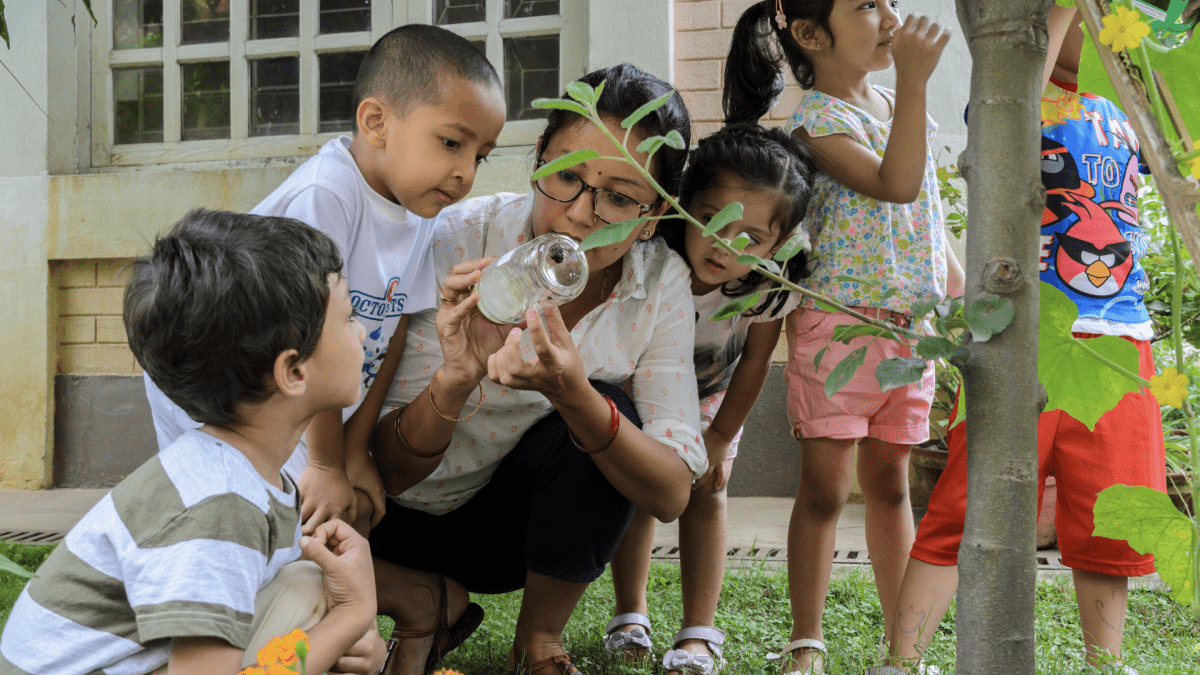
Wildlife Conservation Nepal (WCN) - Nepal Nature School, Kathmandu, Nepal
Wildlife Conservation Nepal (WCN) has been working continuously to institutionalize Interactive Environmental Education (IEE) in the formal education system in Nepal since 2002. Through a long-term project called Nepal Nature School (NNS), it started its work with schools in Kathmandu and rural Chitwan with an objective to use STEM approaches to teach youth about waste, energy, forest, and water conservation. Now, their curriculum has been adopted in part by all Nepalese schools. The organization promotes creative solutions that emphasize teamwork among students and teachers including their parents, teaching different life skills with STEM approaches so that they can pursue different successful environmental careers. With this additional funding, WCN can expand its operations in rural areas.
2022 E-STEM Innovation Grant Winners - Supporting New Programs
Bhumi - Eco Champs, Chennai, Tamil Nadu, India
Bhumi is an established Indian nonprofit and one of the largest volunteer organizations in the country. Eco-Champs is a school-based mentorship program with the objective to reconnect children with nature by establishing an Eco-club in schools and enable students to become change-agents for the environment. Sessions involving interactive experiments, journaling, discussion, and mentorship with local volunteers will be hosted.
Image
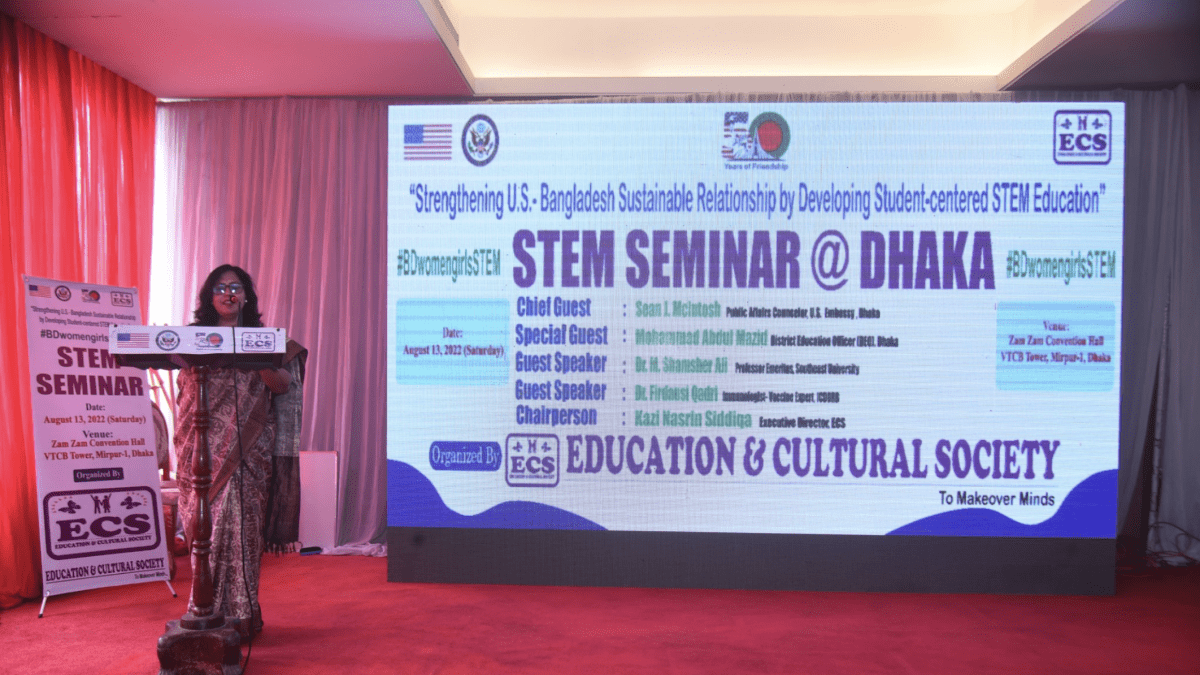
Education & Cultural Society ECS - Girls in E-STEM, Dhaka, Bangladesh
ECS has been working since 2010 to create a society where every person is working to develop and better their community and nation. This project proposes workshops to be hosted at rural schools where girls can work on E-STEM projects that address either climate change solutions, sustainable energy, or sustainable aviation. The students will then present these projects at the E-STEM innovation summit.
Image
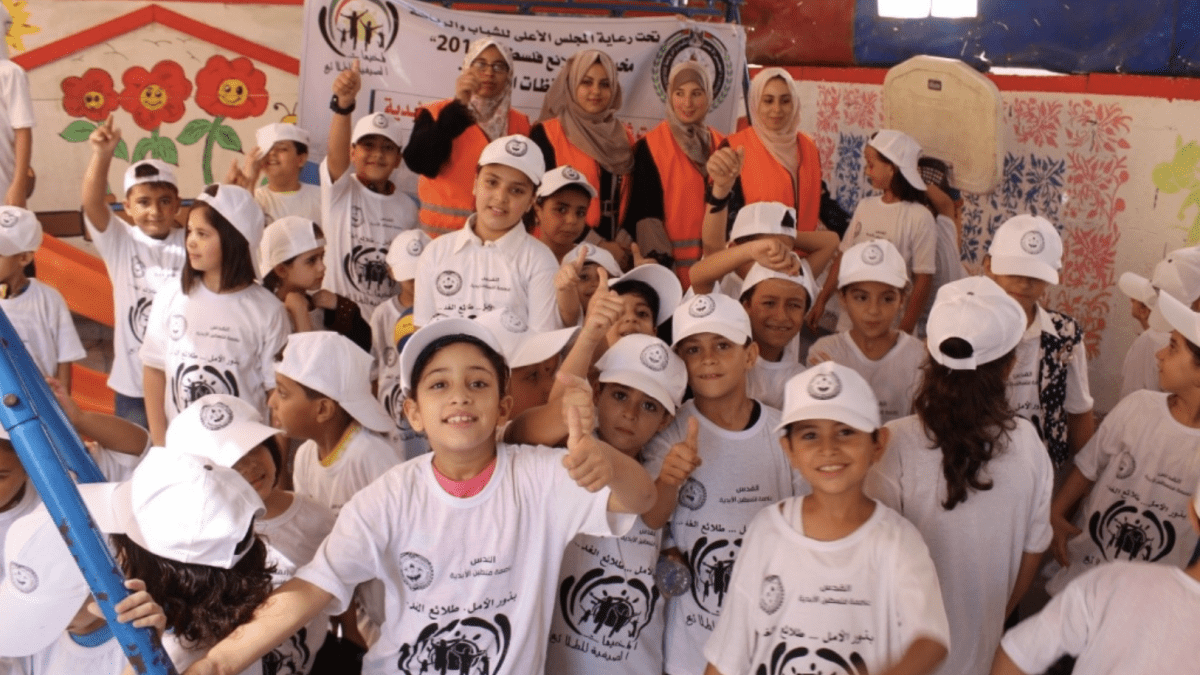
Palestine Association for Education & Environmental Protection (PAEEP), Gaza, Palestine
In Gaza, fewer than half of all children successfully complete high school. PAEEP customizes various levels of E-STEM learning for children of various ages. Younger students will learn soft skills like environmental leadership and critical thinking, while older students will do hands-on activities, meet and network with E-STEM professionals, and form teams to create various projects aimed at creating sustainable environmental businesses.
SuperNOVA at Dalhousie University - Ocean Data Project Monitoring Mi’kma’ki Climate Health (ODP), Nova Scotia, Canada
The “Ocean Data Project - Monitoring Mi’kma’ki Climate Health” (ODP) has been developed by SuperNOVA at Dalhousie University in partnership with the Pictou Landing First Nation (PLFN) community in Nova Scotia, Canada. It was piloted in the spring of 2022. The ODP aims to make E-STEM locally relevant to students through ocean education workshops that highlight the central role of the ocean on climate change, and the necessity of its inclusion in climate change solutions.
Image
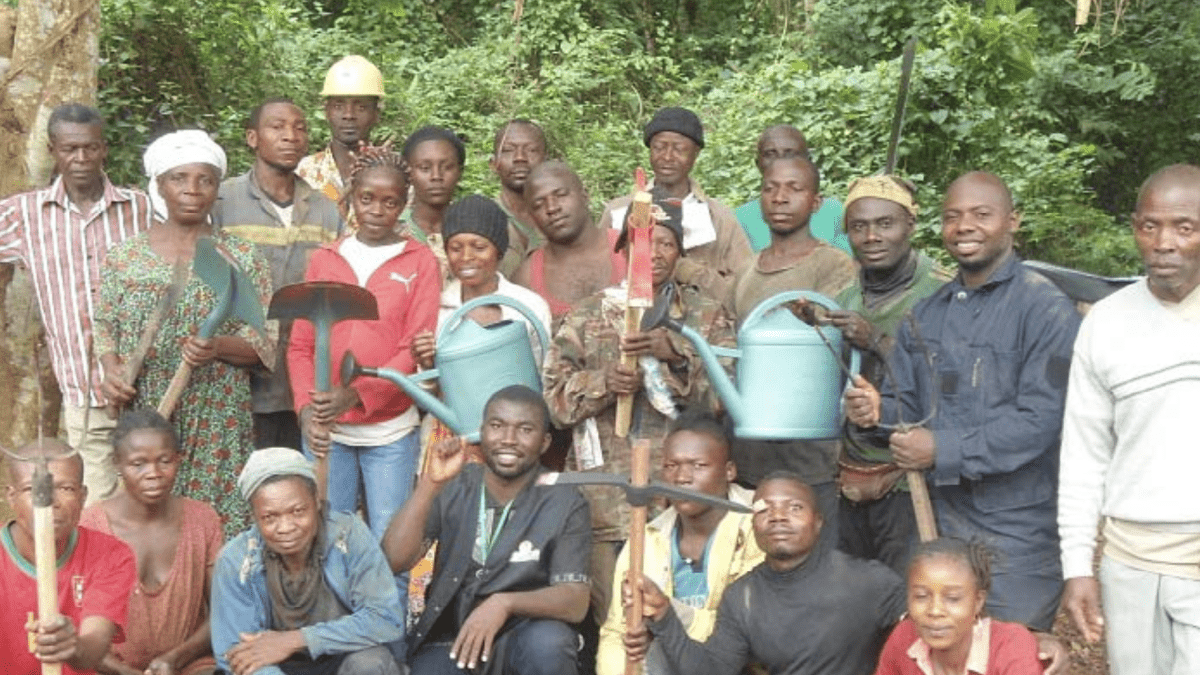
Support Service for Grassroots Development (SAILD) - AgriSTEM, Yaoundé, Cameroon
In Cameroon 56.8% of the rural population lives below the poverty line. By teaching climate smart agriculture and its relationship to STEM, teens who devote much of their time to farming, as well as their families, can benefit from STEM education. This project proposes holding a variety of “AgriSTEM” events to benefit young people, holding a professional conference to grow interest in STEM, and a Mini "Kermesse" (festival/parade) of the "E-STEM and E-Agriculture" professions. Additionally, students will be provided access to hands-on agriculture workshops and experiments as well as virtual sustainable farming games.
Please contact estem@naaee.org with any questions, and sign up here for eeNEWS or GEEP News for updates on future opportunities.